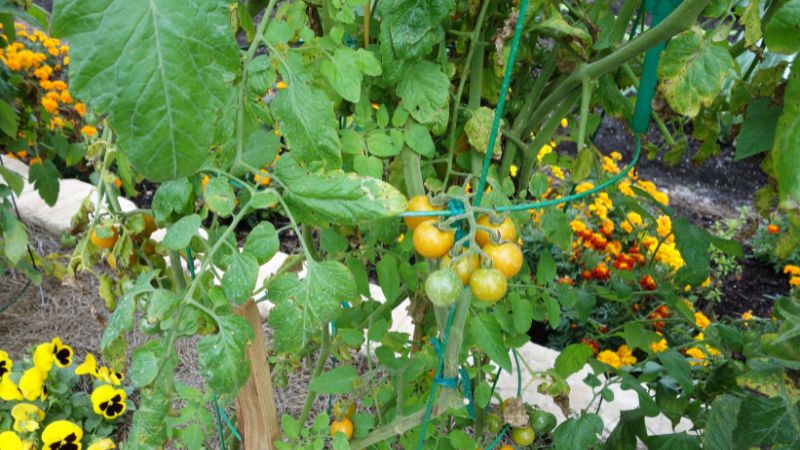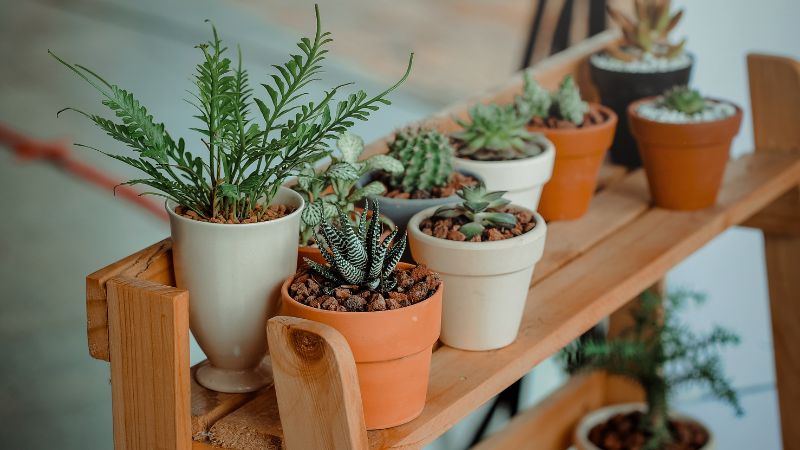Companion planting is a gardening technique that involves growing certain plants together to benefit one or both. However, not all plant pairings are beneficial. In fact, some plants can negatively impact the growth and health of tomatoes. Understanding which plants to avoid growing alongside tomatoes can help ensure a thriving and productive garden.
Corn

Corn and tomatoes are both heavy feeders, meaning they require a lot of nutrients from the soil. When planted together, they compete for these essential nutrients, leading to stunted growth and lower yields for both crops. To ensure your tomatoes have access to the nutrients they need, it’s best to plant corn in a separate area of the garden.
Potatoes

Tomatoes and potatoes belong to the same plant family and are susceptible to similar diseases, such as late blight. Growing these two plants together increases the risk of widespread infection, which can devastate both crops. To minimize the risk of disease, it’s advisable to keep tomatoes and potatoes well apart in the garden.
Brassicas (Cabbage, Broccoli, Cauliflower)

Brassicas, including cabbage, broccoli, and cauliflower, release compounds that inhibit tomato growth. These compounds can stunt the development of tomato plants, leading to poor yields. For optimal tomato growth, it’s best to avoid planting them near brassicas.
Fennel

Fennel produces chemicals that can negatively affect the growth and flavor of tomatoes. These allelopathic chemicals inhibit the development of neighboring plants, making fennel an unsuitable companion for tomatoes. Plant fennel in a separate part of the garden to prevent it from interfering with your tomato crop.
Walnuts

Walnut trees release a toxin called juglone, which is harmful to many plants, including tomatoes. Juglone can inhibit the growth of tomatoes and cause wilting. If you have walnut trees on your property, be sure to plant tomatoes well away from their root zones to avoid exposure to this toxin.
Dill

Dill attracts tomato hornworms, a common pest that can cause significant damage to tomato plants if left unchecked. To reduce the risk of a hornworm infestation, it’s best to plant dill away from your tomato plants. This separation will help protect your tomatoes from these destructive pests.
Kohlrabi

Kohlrabi competes with tomatoes for nutrients and space, leading to reduced yields for both crops. This competition can hinder the growth and productivity of your tomato plants. To ensure both plants have the resources they need to thrive, it’s best to grow kohlrabi in a different part of the garden.





